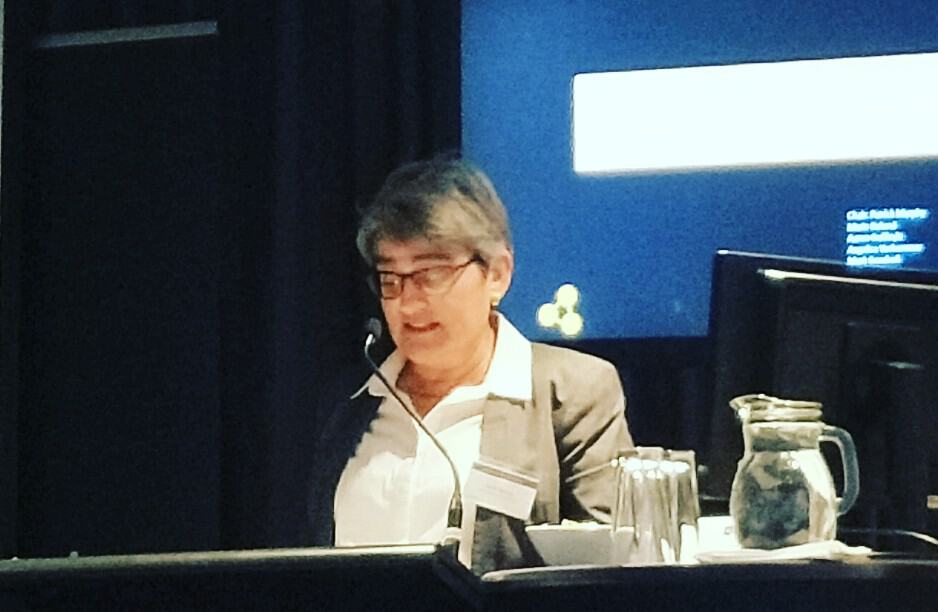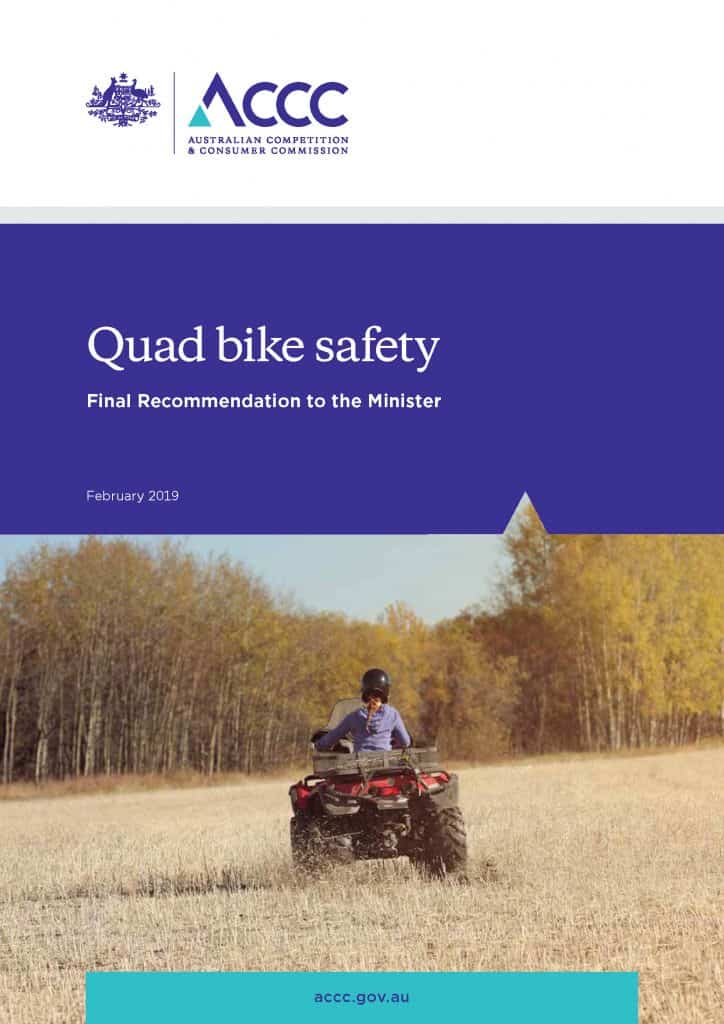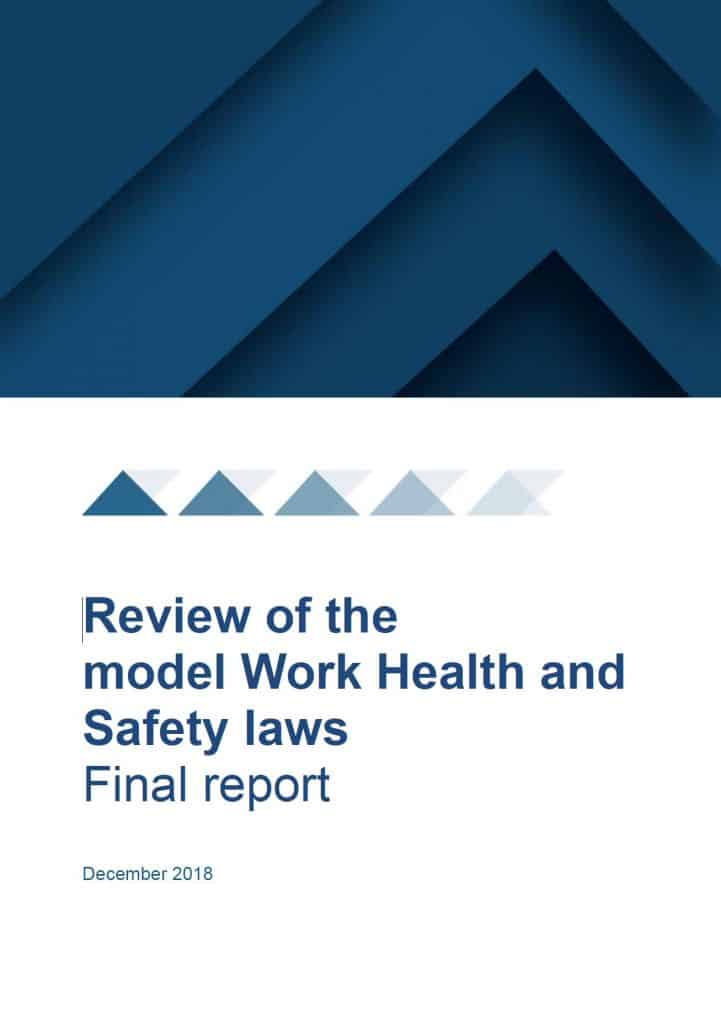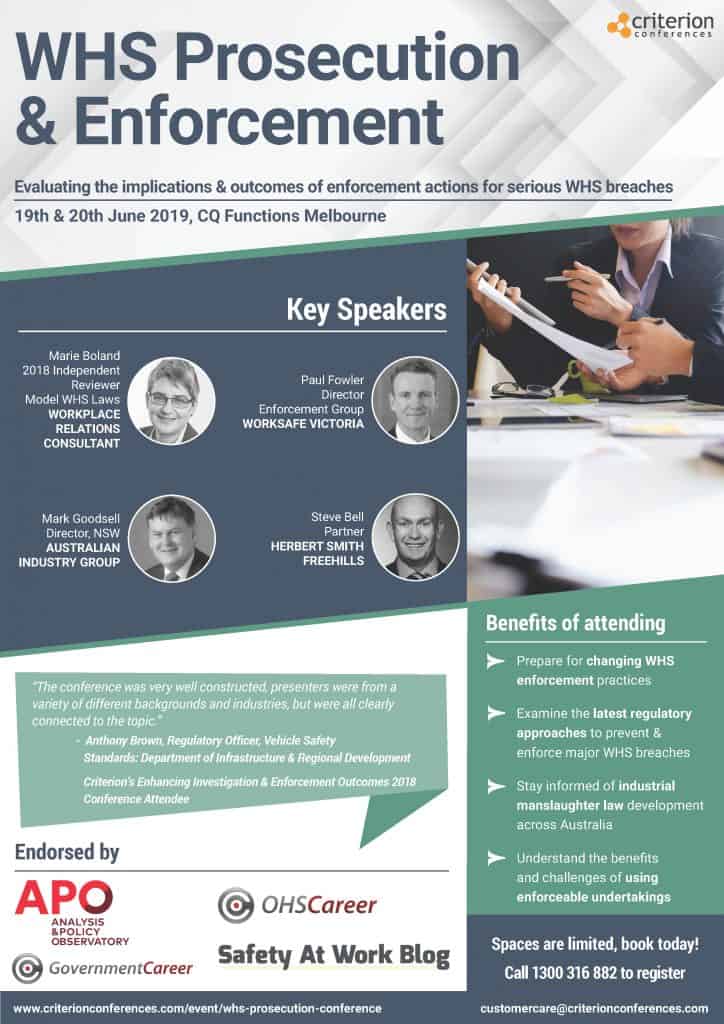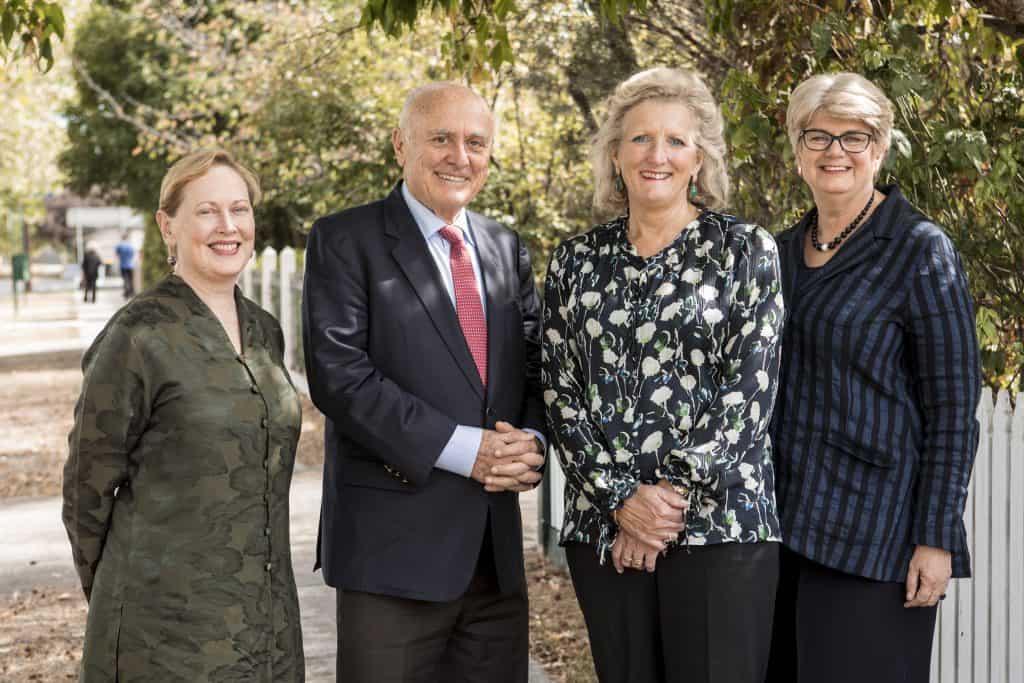
The first week of media coverage of Victoria’s Royal Commission into Mental Health is very thin on the roles and impacts of workplaces and work activities on people’s mental health, but it is part of the conversation.
The Public Hearings on July 4-5 had Prevention and Early Intervention as their theme. Prevention as occupational health and safety (OHS) people would apply was mostly absent. Prevention, in OHS terms, is usually about the elimination of a risk or hazard whereas the impression from the discussion in the Royal Commission over the last few days is that mental health is something that appears, strikes an individual (with ripples to relatives), is treated and a new psychological normal, a functional/social normal is established. Analysis of the social, occupational and environmental precursors, elements that OHS investigations are obliged to consider, seems missing, at the moment.
According to the Commission’s transcript Chair Penny Armytage said on July 2, 2019:
“We start these hearings with a wide lens. Not in hospitals or clinics, but in our homes, our sporting fields and our workplaces.”

